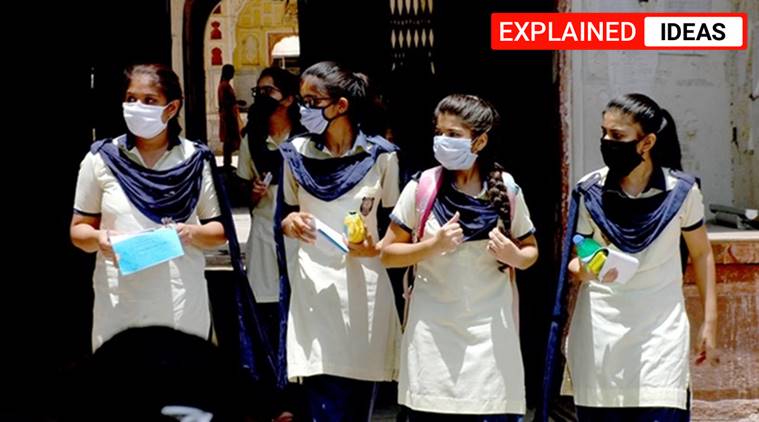Explained Ideas: What is causing apprehension about the New Education Policy?
Pratap Bhanu Mehta writes: The policy text itself is for the most part admirable but the fears arise from the context rather than the text.
 India’s political economy has simply not made quality education a top priority, writes P B Mehta.
India’s political economy has simply not made quality education a top priority, writes P B Mehta.
The New Education Policy, for the most part, provides a forward-looking framework for transforming Indian education, writes Pratap Bhanu Mehta, contributing editor, The Indian Express.
“If the government does little else but implement most of the recommendations on school education and empower India’s school children, the future will belong to India,” he states.
While the text itself is for the most part admirable, Mehta states that fears of the document come “from the context rather than the text”.
“But we should also be under no illusion that the accumulated weight of betrayals in education also threatens to make this promising document just that: Another document”.
India’s political economy has simply not made quality education a top priority. What has changed in the last couple of decades is the explosion of aspiration and demand for education. But that demand has yet to be channelised into institutional change.
Also from Explained Ideas: Why it is too early to judge the National Education Policy
“A large part of the betrayal has come, not from politicians, but educators. Our resistance to fair change has been monumental,” he writes.
There is another context for scepticism as well. The emphasis in the document on critical thinking and free inquiry is entirely well placed.
“But it is difficult to read those words in a context, where as we speak, universities are being intimidated into political and cultural conformity. A free education system cannot flourish without a free society; reason cannot be sovereign in the face of identity politics,” he states.
So the work of ensuring that freedom and critical thinking are not mere words in a power point, constrained by realities of power, will be doubly harder.
“A lot will depend upon norms that get embedded in these institutions. This government’s record on regulation is not inspiring. So the critical question will, less, be: Does one agree with the document? It has to shift to a different question: What are the conditions that will make some of its most promising ideas work?” asks Mehta.
- 01
- 02
- 03
- 04
- 05





































